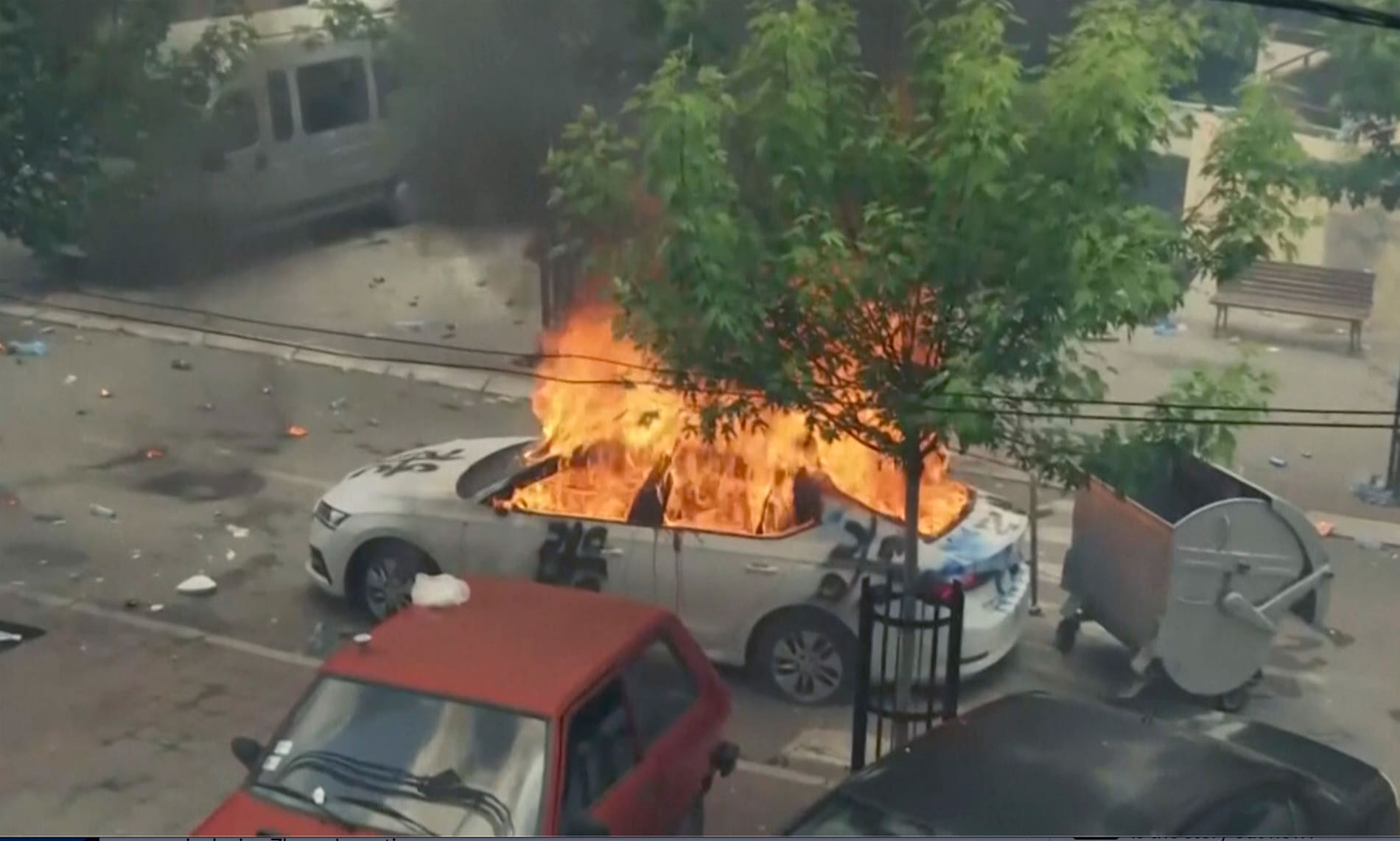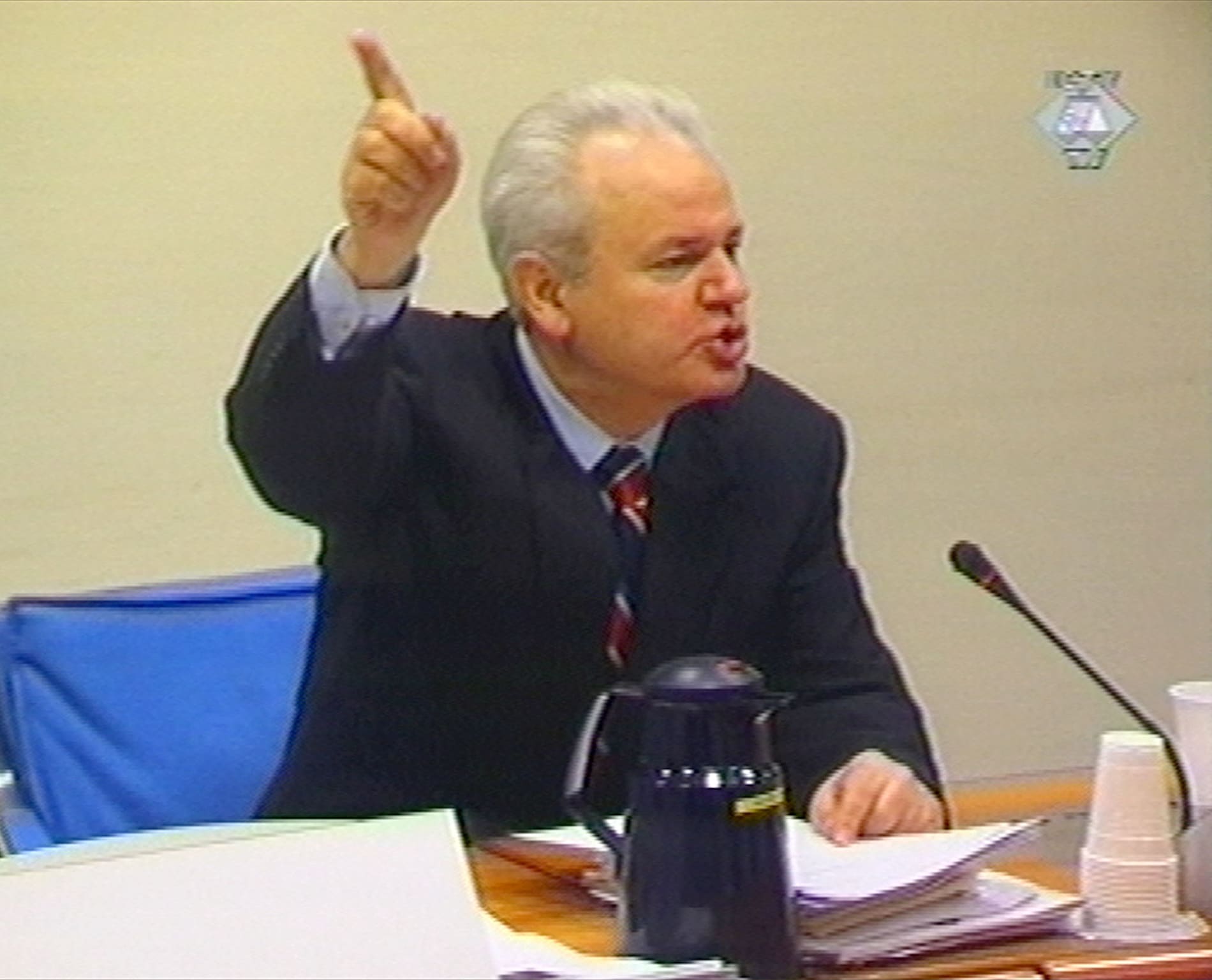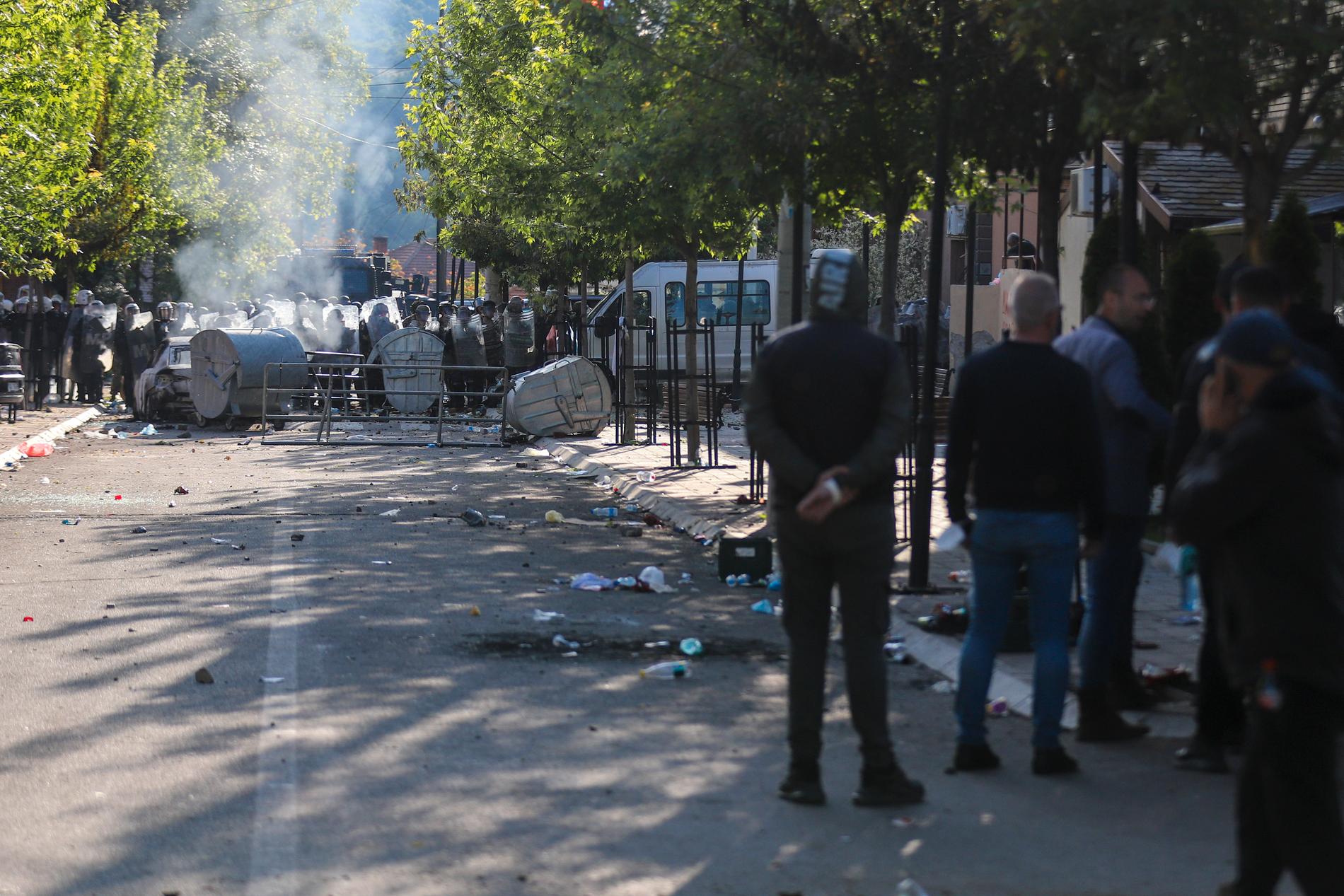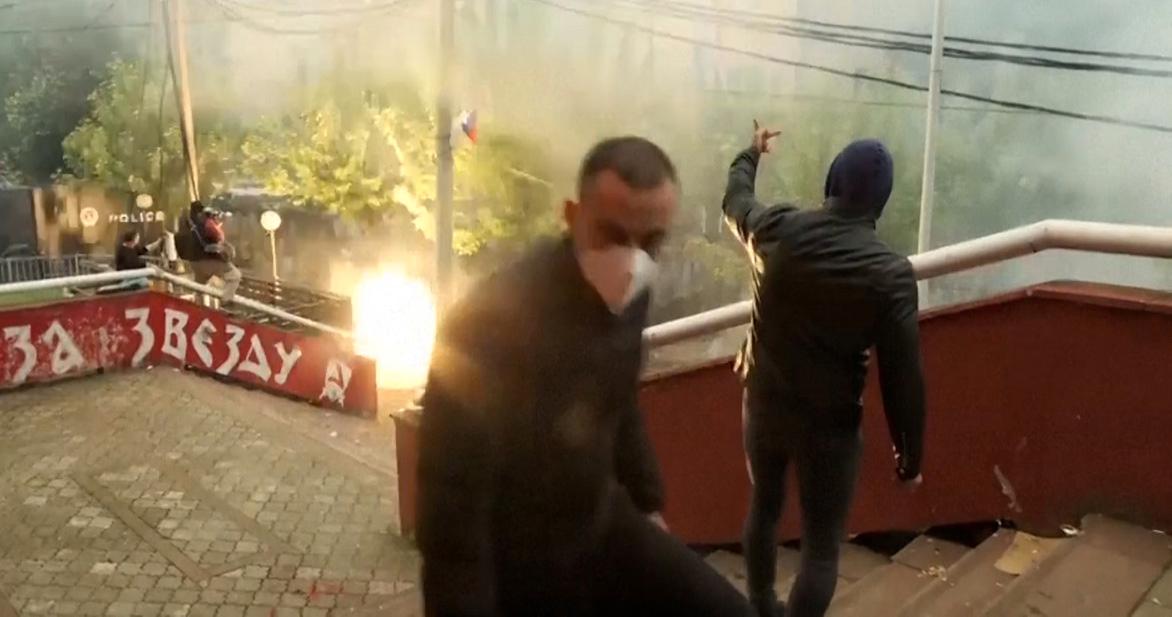Wolfgang Hansson
The Ukraine war is fueling the Serbs' hatred of NATO in Kosovo
Published: Yesterday 22.34
This is a commenting text. Analysis and positions are the writer's.
COLUMNISTS
Ethnic strife in Kosovo is not unusual. On the other hand, that one of the parties physically attacks the NATO force that is in place to preserve the peace.
One reason why the violence flares up right now may be the Serbs' hatred of NATO. Most are on Russia's side in the war against Ukraine.
The Serbian minority in Kosovo has never accepted that they now belong to an independent Kosovo instead of Serbia. They still see Belgrade as their capital. In northern Kosovo they are in the majority.
At regular intervals, violence breaks out but rarely as severe as yesterday when Serbian mobs attacked soldiers from KFOR, the NATO-led peacekeeping force, with tear gas and stun grenades. About 30 soldiers, mainly Hungarian and Italian, were injured when they tried to prevent the Serbs from storming the town halls in several locations. A number of the soldiers are seriously injured. Around 50 Serbian demonstrators were also injured.
The recent tense situation is caused in the near future by the local elections held on April 23, which resulted in Kosovo Albanians being elected mayors even in the municipalities where the Serbs dominate. This is because the Serbs had previously left all institutions, such as the police, and boycotted the elections in protest against not being given more autonomy.
But when the new Kosovo Albanian rulers were to be installed after an election in which only 3.5 percent voted, the Serbs saw red.

About 50 Serbian demonstrators were injured. Photo: Bojan Slavkovic / AP
At the same time, it was a result of the Serbs' own actions. If they had not boycotted the elections, the Kosovar Albanian candidates in the local elections would not have had a chance.
The boycott, in turn, is based on a row last year over registration plates on the cars. The Kosovo government demanded that even the cars in the Serb-dominated areas should carry Kosovar license plates instead of Serbian ones. It led to roadblocks and physical skirmishes.
One step forward - two back
In March this year, the tone was positive when an agreement was reached between Serbia and Kosovo to normalize relations. But there is always one step forward and two steps back in the conflict.
Serbian President Alexander Vucic refused at the last moment to sign the agreement despite massive pressure from the EU. The result was a verbal agreement. A gentlemen's agreement between two parties whose behavior towards each other is anything but gentlemanly.
The conflict between the majority Albanian population of Kosovo and the Serbian minority has not exactly become easier to resolve after Russia invaded Ukraine.
Serbia traditionally has very good and close relations with Russia. This at the same time as Serbia very much wants to become a member of the EU. But in order to become that, one must, among other things, distance oneself from Putin's war of aggression. The Serbian government has done so officially, but opinion polls show that four out of five Serbs support Russia in the war.
In addition, in 1999 NATO started bombing targets in Serbia to force the leaders in Belgrade to stop the ethnic cleansing that was going on in Kosovo, where practically the entire population was displaced to Macedonia and Albania before they could return with the help of the UN and NATO. In 2008, Kosovo declared its independence. Just over half of the world's countries have recognized the new state of Kosovo. But not Serbia.
"Big explosion awaits"
NATO and the UN are, for obvious reasons, not very popular in Serbia. Even less so with the Serbian minority in Kosovo, which is extra nationalist. Reuters news agency reports that some of the Serbs who attacked the Kfor force sprayed their cars with the letter Z used by those who support Russia's war in Ukraine.
About 30 soldiers, mainly Hungarian and Italian, were injured when they tried to prevent the Serbs from storming the town halls in several locations. A number of the soldiers are seriously injured. Photo: Bojan Slavkovic / AP
Russia's foreign minister was quick to take the side of the Serbs even though he is on a trip to Kenya.
- The Serbs are fighting for their rights in northern Kosovo, asserts Sergey Lavrov. A great explosion awaits in the heart of Europe where NATO carried out its aggression against Yugoslavia in 1999.
The EU's hope is, on the contrary, that Kosovo's and Serbia's strong will to become members of the EU will make them finally bury the hatchet. As long as the kind of row that happened yesterday occurs regularly, the EU's door will be closed.
But it is a difficult balancing act even for the EU, which does not want to risk Serbia becoming a kind of Trojan horse for Russia in Europe if they are left outside the EU.
The legacy of Milosevic
If you want to look for the real root of today's quarrels, you have to go further back in time. The issue of Kosovo became explosive when former Serbian leader Slobodan Milosevic breathed new life into the notion of Kosovo as the birthplace of Serbia.

Slobodan Milosevic died in 2006 in a detention cell awaiting trial at the International Criminal Tribunal in The Hague. Photo: AP
It became the starting signal for a number of wars in the Balkans in the early 90s in what was then the former Yugoslavia. When the wars were over, Yugoslavia had disintegrated into a number of states that are today independent and are either members of the EU (Croatia and Slovenia) or would like to be Serbia, Bosnia, Montenegro, North Macedonia and Kosovo.
The chaos today is partly the result of Milosevic's dream of a Greater Serbia. Milosevic died in 2006 in a detention cell awaiting trial at the International Criminal Tribunal for the former Yugoslavia in The Hague.
But his ultra-nationalist message lives on and continues to destabilize parts of the Balkans.





Inga kommentarer:
Skicka en kommentar